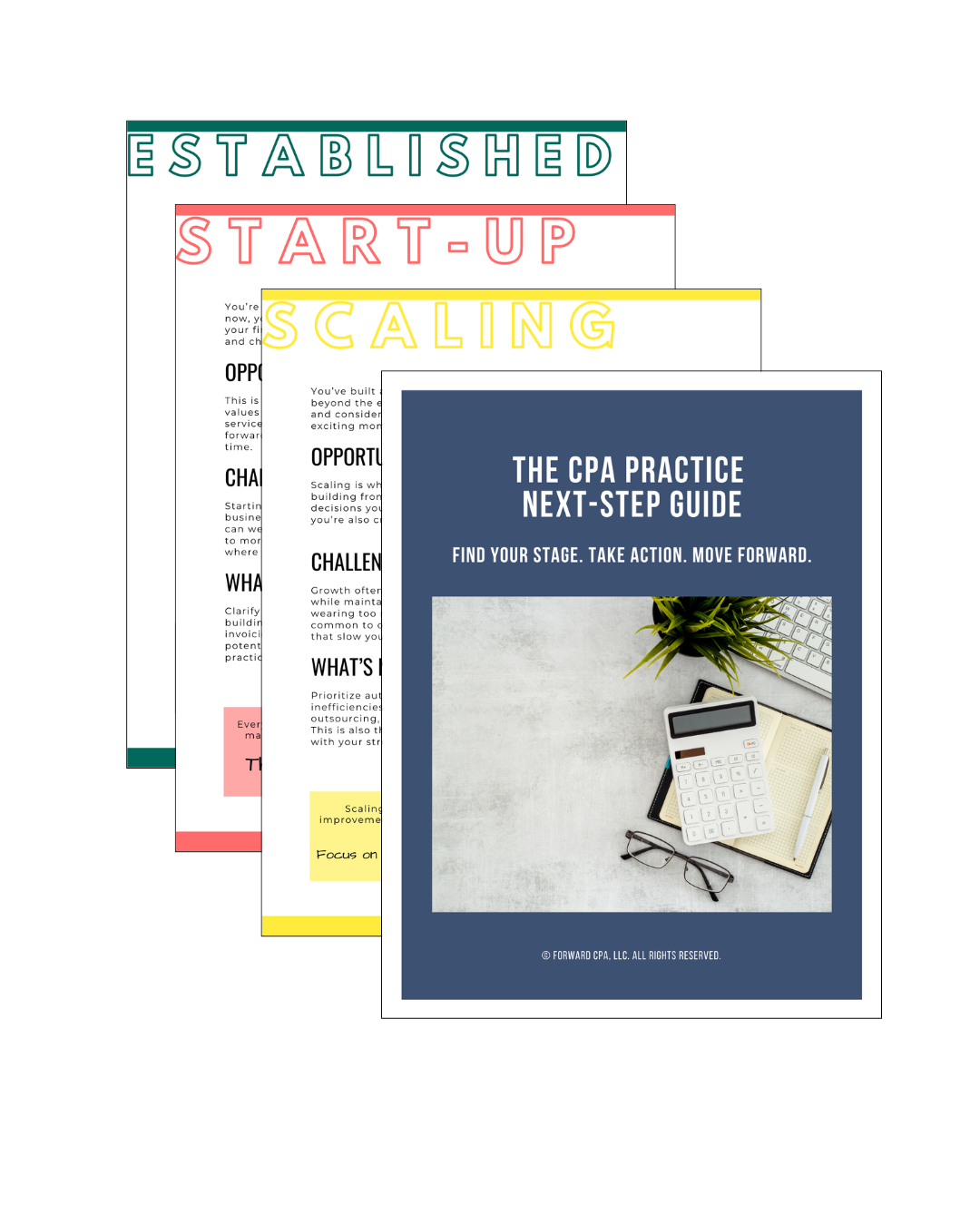How to Take on Complex Clients Without Burning Out
May 17, 2025
Complex clients aren’t the problem. In fact, they’re often the opportunity.
They come with larger engagements, deeper challenges, and more long-term potential. But they also bring something else:
Stress, delays, and capacity strain—if your team isn’t set up for them.
Whether you’re auditing school districts, cities, or other government entities, complexity is baked into the work. The key isn’t avoiding complex clients—it’s building a process that allows your firm to take them on without burning out your team.
Here’s how to do just that.
1. Define What "Complex" Actually Means for Your Firm
Not all complexity is created equal. For some firms, it’s a new GASB implementation. For others, it’s inconsistent client records, messy trial balances, or multiple federal programs.
Start by identifying which types of complexity your firm handles well—and which ones consistently bog your team down.
Try This:
-
Review your last 3 audits that went over budget or past deadline
-
Ask: Was it scope creep, communication issues, lack of templates, or something else?
-
Label the kind of complexity: technical, logistical, or capacity-based
When you define complexity, you can plan for it.
2. Don't Just Accept the Work - Scope It Clearly
Taking on complex work without defining the scope is a fast track to burnout. Many firms say “yes” to the engagement without documenting:
-
What’s included
-
What’s not
-
Who’s responsible for what
-
What the timeline actually looks like
Try This:
-
Include detailed scope language in your engagement letter
-
Build a shared timeline with client and firm responsibilities
-
Use pre-engagement questionnaires to surface issues early
The more specific your scope, the more protected your team will be when (not if) the unexpected happens.
3. Systematize What You Can - Even in Complex Engagements
Just because an audit is complex doesn’t mean it needs to be chaotic. Most “complex” audits still have dozens of repeatable tasks—bank confirmations, revenue testing, debt schedules, note disclosures.
When those pieces are systematized, your team can focus their time and energy on the areas that truly require judgment.
Try This:
-
Create workpaper templates for recurring schedules (e.g., federal program testing, capital asset rollforwards)
-
Standardize folder structures and trial balance formatting
-
Use a recurring task manager (e.g., Jetpack Workflow or ClickUp) to handle checklists and follow-ups
Systems free up brainpower. And with complex clients, your team needs all they can get.
4. Staff Up Before You're Drowning
One of the most common pain points in taking on complex clients? Not having enough trained team members to handle the load.
It’s tempting to say, “We’ll hire when we need to.” But with long training curves and seasonal timelines, you need to build capacity ahead of demand.
Try This:
-
Create clear roles for staff, reviewers, and preparers—avoid “everyone does everything”
-
Record repeatable training content (e.g., Loom videos of how to complete key schedules)
-
Start onboarding new staff at least 1–2 months before audit season hits
Prepared teams don’t burn out. They pace themselves.
5. Build a Buffer Into Every Complex Engagement
No matter how well you scope and prep, complexity brings surprises. If you build your timelines and budgets too tight, your team pays the price.
A simple 10–20% buffer—on hours, deadlines, or both—can protect your staff from being pulled into emergency mode when delays happen.
Try This:
-
Add time for client delays or unexpected adjustments to every schedule
-
Reserve “flex weeks” on your calendar to absorb spillover without derailing other engagements
-
Assign a lead and a backup reviewer for each client
Complex doesn’t have to mean frantic.
6. Debrief Every Complex Engagement - Then Adjust
The best way to improve how your firm handles complexity? Learn from it.
Debrief each major audit once it’s complete. Ask:
-
What worked well?
-
Where did we fall behind?
-
What stressed the team out most?
-
What could we build, template, or automate before next year?
Then turn those lessons into action: new checklists, clearer expectations, better scheduling.
Complex Clients Can Build Your Firm - If You're Ready for Them
You don’t need to avoid complexity to protect your team. You just need to plan for it.
When you have strong systems, defined scope, and team capacity in place, you can take on higher-stakes clients without sacrificing your sanity—or your people.
So yes—say yes to complexity. But build your firm around the structure that supports it.
That’s how small firms grow without burning out.
Your Next Step Forward
Join the newsletter designed to help CPAs take the next best step in building a practice they love, with practical insights, game-changing tools, and quick wins in every email.
We hate SPAM. We will never sell your information, for any reason.




